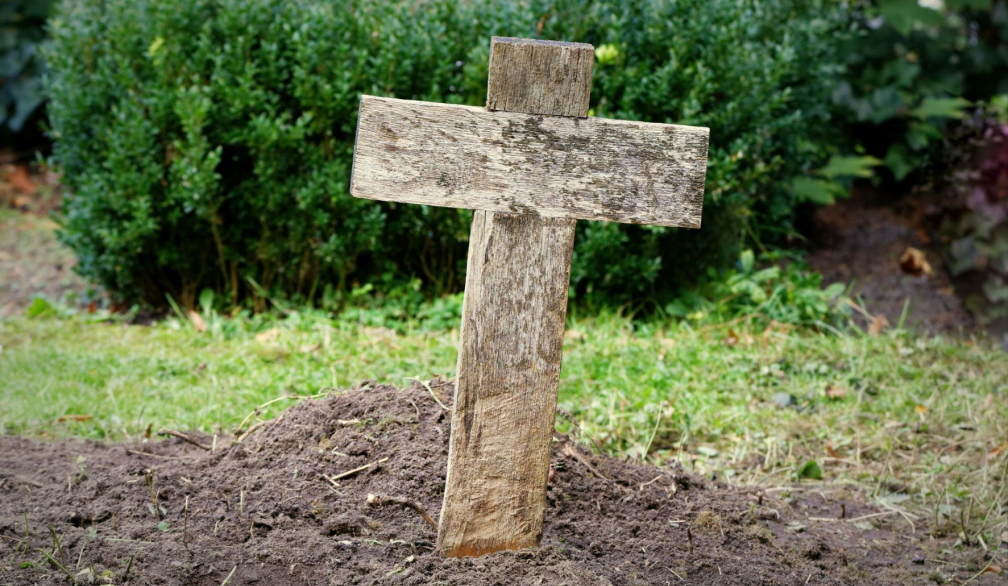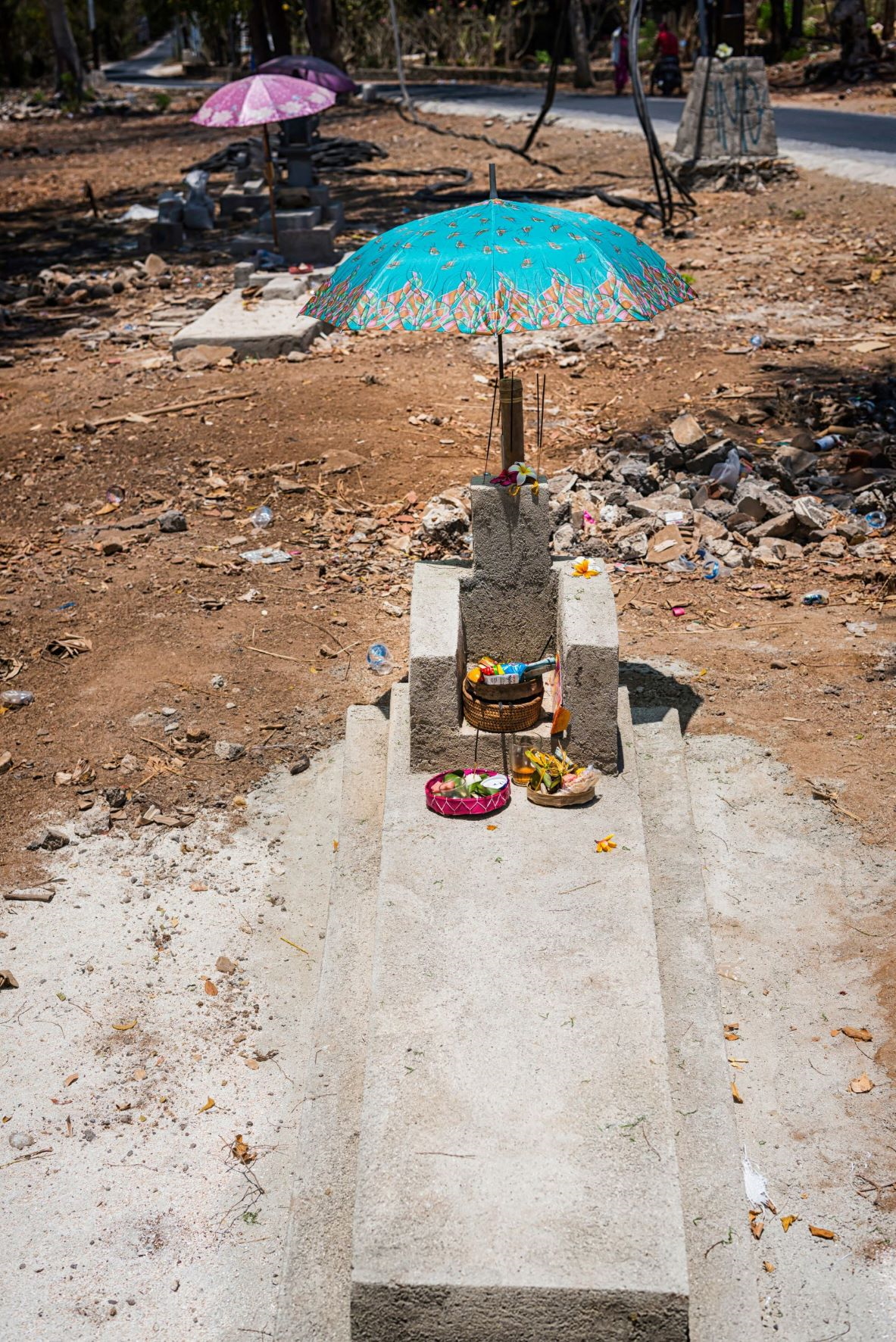What Is A Pauper's Funeral?

When a person passes away, it is up to the family to take care of the funeral arrangements and expenses. But have you ever wondered what happens if the family isn't able to pay for the funeral? At the same time, what would happen if there is no next of kin to contact when death occurs? This situation is where a pauper's funeral comes in. A pauper's funeral aims to provide a respectful send-off to a person that dies destitute with no one to pay for the funeral.
A pauper's funeral refers to a public health funeral. The term was used in the mid-1800s. This occurs when the local council makes basic funeral arrangements for a deceased person. The local authority organizes a basic funeral when relatives are unable or unwilling to cater for the funeral expenses or when authorities can't trace the relatives. A pauper's funeral usually takes place at a crematorium. However, if a Will states otherwise, say the deceased wishes to be buried, a grave will be their final resting place.
A pauper's funeral will only cover the necessities of a cremation, such as a basic coffin and transportation to the cemetery or crematorium. It is unlikely for the family to be allowed to bring flowers, read obituaries, or get transport. The graveyard will remain unmarked if the deceased is buried, but a plot number is kept for public records.
In Australia, an unclaimed body scheme caters to the last rights of an unidentified person. It steps in to arrange a funeral for a deceased person whose family or friends are unavailable or incapable of doing so. The only requirement is that if the family can raise some money, they can contribute AUD$500 towards the cost. Otherwise, the money spent on the funeral can be recovered from the estate later if the deceased estate is large enough to offset the cost.
The council will choose a funeral director to organize a low-cost funeral service that only includes the strictly necessary services. Although public health funerals are simple, they are respectful complete with a memorial service at the graveside or crematorium.
Who qualifies for a pauper's funeral?
A pauper is considered to have no family or friends to take care of their funeral when they pass away. In other words, the following description fits the person perfectly.
-
- The deceased had no money or funeral plans to cover the costs.
-
- There are no known family members and no funeral plans already in place.
-
- The family or next of kin cannot or are unwilling to cover the funeral costs.
-
- The deceased was under the care of the local authority or was homeless.
If this is the case, the authorities are responsible for giving this person a respectable send-off.
What happens when a person dies alone?
Funerals are sentimental ceremonies where friends and family get to bid their goodbyes to the departed loved one. If someone dies in a hospital, the hospital takes responsibility for arranging for planning and paying for the burial by engaging a government contractor. The council usually does its best to locate friends or family of the deceased as a mark of respect.
It will do so before making arrangements for a public health funeral whose cost will be catered to by the state. Suppose the person dies at home without family, friends, next of kin, financial assets and no coroner involved. In that case, the police will fill out form P372 for the burial or cremation of a deceased person, which will be sent to the Director of the Public Health Unit (PHU) of the relevant Health Service.
In countries like Australia, hired funeral directors to handle the funeral service arrangements on behalf of impoverished individuals. There is a certain hierarchy used to decide the next of kin. According to the Coroners Act 2009, it is the spouse, adult kids, living parents, adult sisters, or brother. If none of them is present or unable to take care of the funeral, the authorities take over. In such a scenario, the private contractor or state will take care of the funeral arrangements.
What if someone dies in a hospital without the next of kin or family?
When a person dies in a hospital with no known relatives to claim them, the hospital takes care of the funeral arrangements. Suppose in the future authorities determine that the deceased had assets or that their family could have covered the funeral costs. In that case, the medical facility has the right to claim reimbursement. Suppose a woman is pregnant and loses her child when the pregnancy has surpassed the 20th week. In that case, the authorities will take care of the burial of the stillborn.
What happens after a public health funeral?
Before a pauper's funeral, the council must have determined that:
-
- You have not made any arrangements for the funeral.
-
- You have looked for other alternative ways to pay.
-
- The council has looked for other friends and relatives to pay.
-
- You have signed a written statement.
-
- The funeral will be very simple but respectful.
If it was cremation, then the family or next of kin will receive the ashes after the procedure if they are present. Suppose there's no family member to collect the ashes when the pauper's funeral is a cremation. In that case, the crematoria staff will bury or scatter them in a garden of remembrance.
In the case of a burial for a council-paid funeral service, the person is buried in an unmarked grave. The grave is usually communal, where many people have been and can be interned. Some local councils can allow the family to put a plaque on the grave, but in most cases, they will need to buy the plot to have an exclusive right to it.
Affordable funeral options to avoid a pauper's funeral
Investing in funeral insurance and other types of insurance are good options to avoid a pauper’s funeral. Likewise, there are various affordable funeral options for people that need assistance. The Australian government provides some services in terms of payments and financial support to help with the funeral arrangements of a loved one. You can get the following bereavement payments by contacting Centrelink, which works through the Department of Human Services.
-
- Partner allowance
-
- Pension bonus bereavement payment
-
- Carer's allowance
-
- Double orphan pension
-
- Stillborn baby payment
The bank can also release funds for the funeral if the deceased had some balance in their account. However, one will need to prove a relationship with the deceased. For example, they may produce a death certificate, the deceased's will, or an invoice from the funeral director for the money to be released.
Final thoughts
Every human life has value, and it is vital to make the final arrangements for the impoverished and unclaimed. Many people don't like to imagine that they will be buried in a potter's field or a pauper's grave. The body of a deceased person should be treated with respect, whether their name is known or not. Even if your body is cremated, you would still want it to happen in the presence of your loved ones. Prepaying your funeral expenses is an excellent way to plan for your end of life in advance.





























